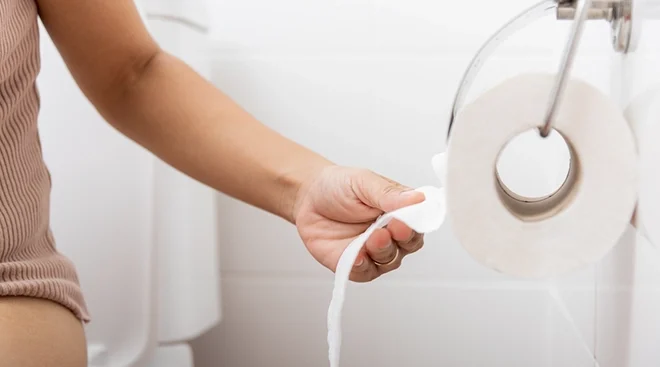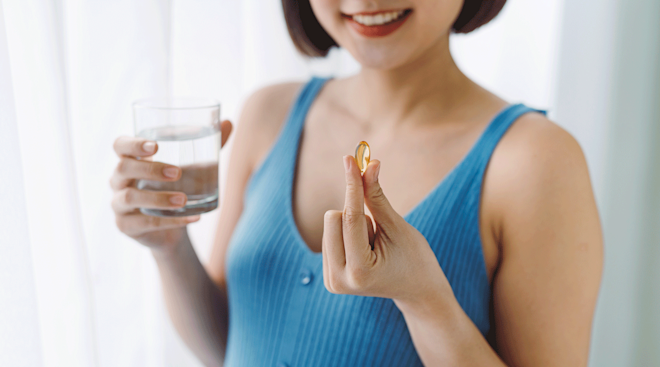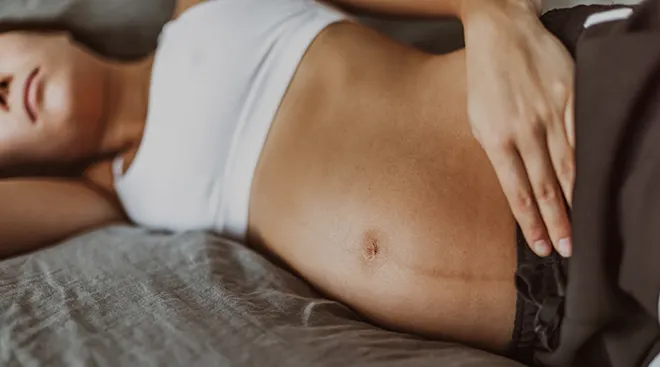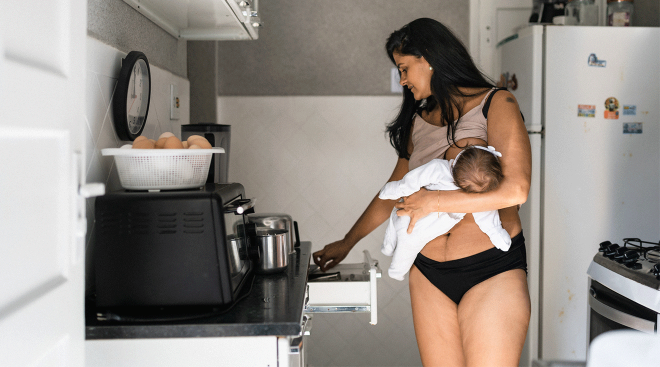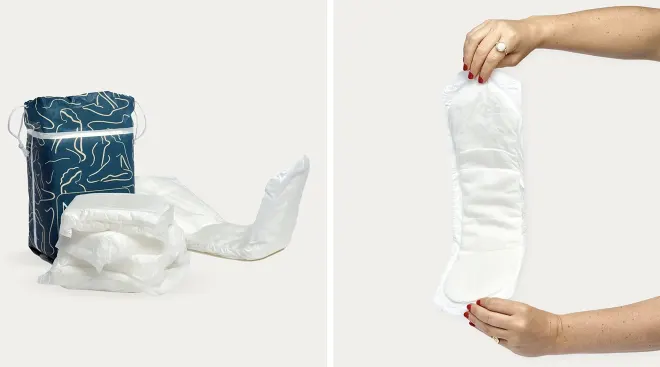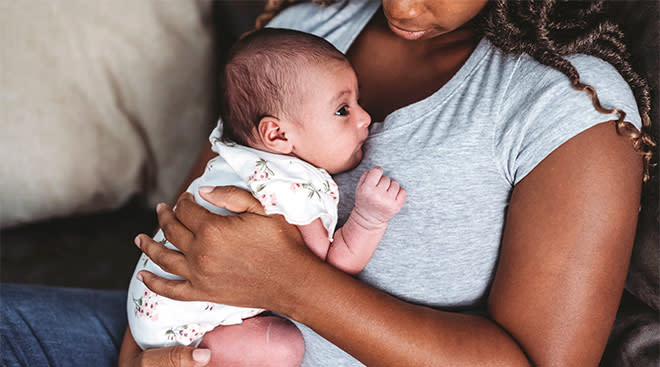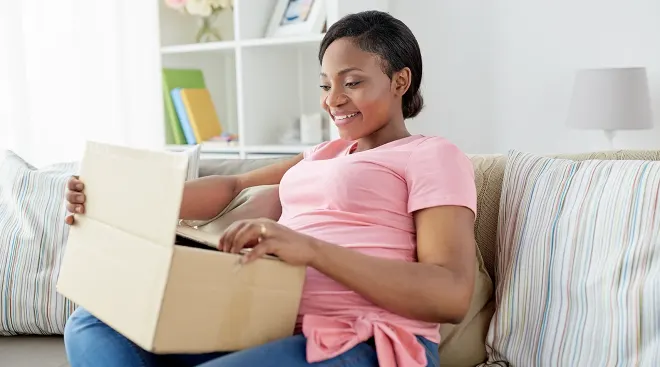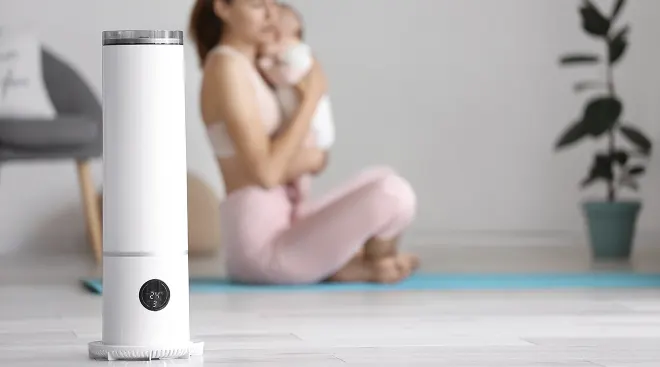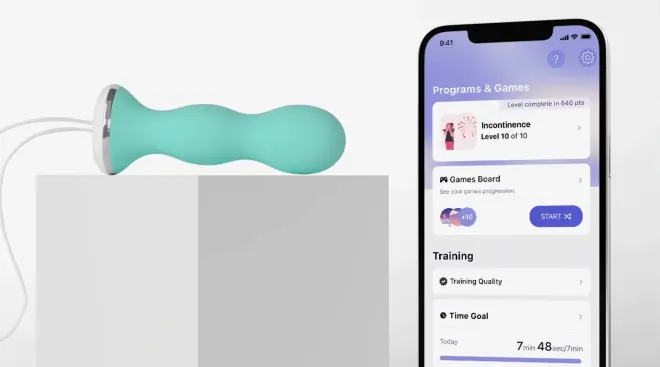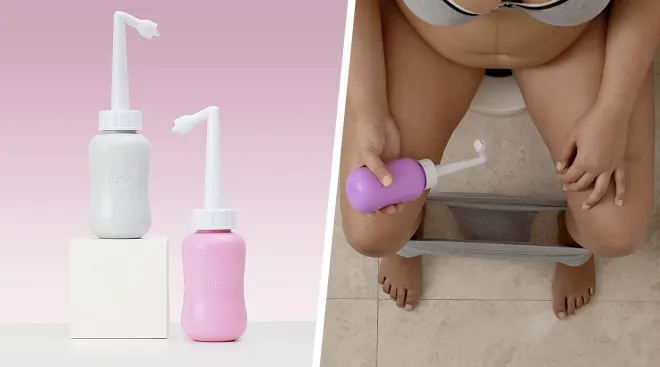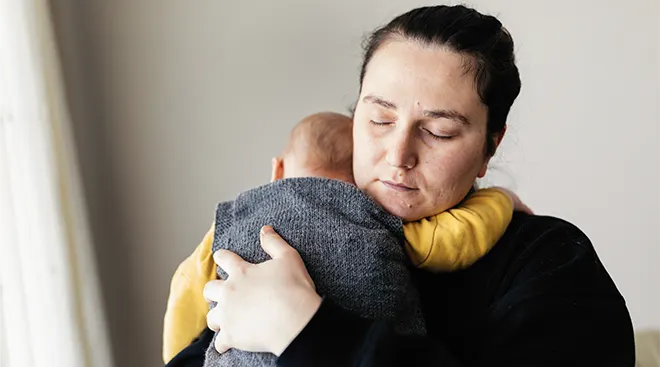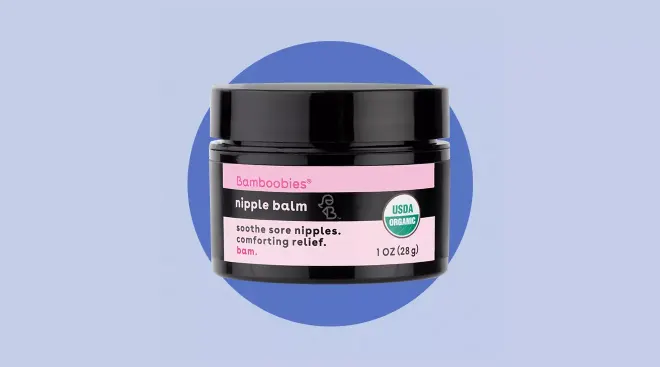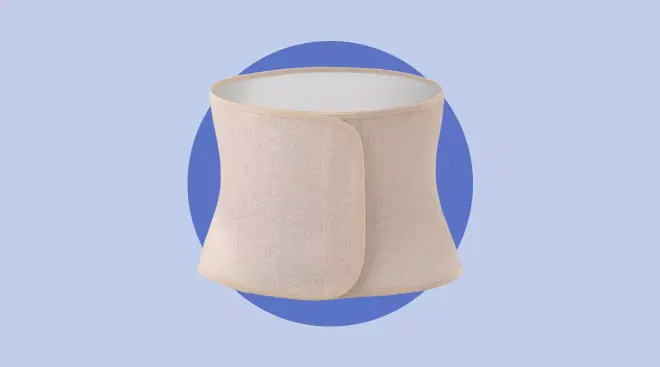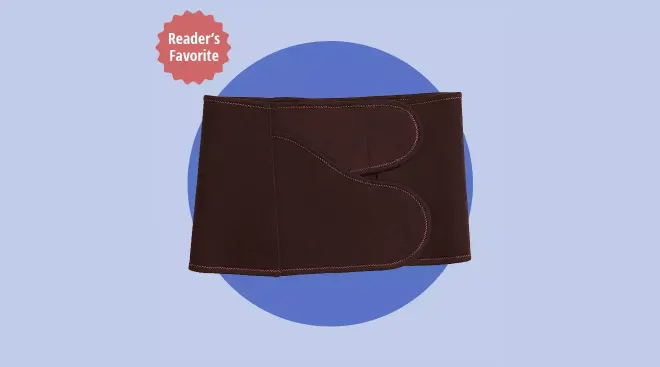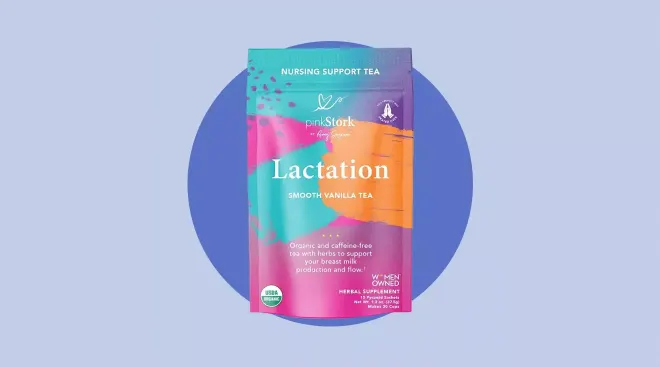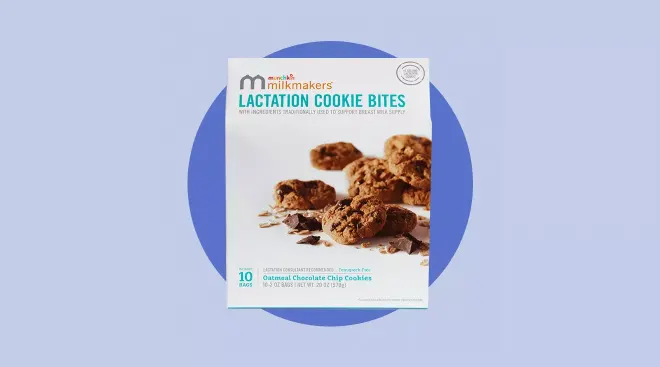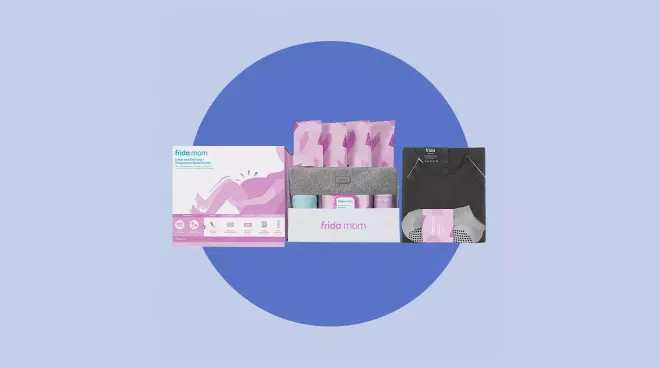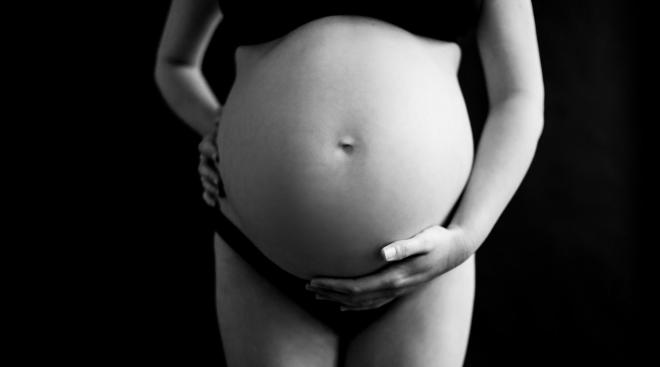How to Deal With Postpartum Hemorrhoids
Mother Nature designed moms to do some incredible things—like birth a tiny human. The downside? Pregnancy and childbirth can lead to some uncomfortable symptoms, like postpartum hemorrhoids. While technically harmless, they can be a real pain in the rear (literally), and if you have them, you’re probably eager to find relief. Here, get the lowdown straight from experts on what hemorrhoids postpartum are, what causes them, the best treatments to soothe them and how to prevent them from happening in the first place.
Postpartum hemorrhoids can be a continuation of the same hemorrhoids you had developed during pregnancy, or they can be an onset of new hemorrhoids after birth. According to Johns Hopkins Medicine, hemorrhoids form when the veins or blood vessels in and around the anus and lower rectum become swollen and irritated. “They look like flesh-colored, balloon-type structures,” Cynthia Flynn, MD, a Florida-based ob-gyn with JustAnswer, says. Hemorrhoids are completely harmless, but they can be uncomfortable. There are four types:
- External hemorrhoids: These develop under the skin around the anus and are usually visible. External postpartum hemorrhoids are the most common.
- Internal hemorrhoids: These develop inside the anus and aren’t visible but can cause bleeding.
- Prolapsed hemorrhoids: These are similar to polyps and form internally, but then extend out of the anus.
- Thrombosed hemorrhoids: These occur when a blood clot forms within a hemorrhoidal vein, obstructing the blood flow and leading to painful swelling. Thrombosed hemorrhoids can exist internally or externally.
Wondering how common postpartum hemorrhoids are? According to a 2022 study, hemorrhoids and anal fissures occur in about 40 percent of women during pregnancy and the postpartum period, and usually form during the third trimester and one to two days after giving birth.
Hemorrhoids happen when there’s added pressure on your blood vessels, causing them to swell. During pregnancy, moms-to-be experience an increase in blood volume but a decrease in blood flow due to the pressure exerted by the uterus and growing baby. “The pressure of the baby and uterus causes the veins in the rectal area to become distended, so [hemorrhoids] are a normal and common part of pregnancy,” Flynn says. Plus, the strain of constipation is a common issue during those nine+ months. These pregnancy hemorrhoids can linger after birth.
But childbirth itself can cause postpartum hemorrhoids. All the straining and pushing that happens during childbirth can lead to hemorrhoids (or aggravate existing ones). “During pushing to deliver your baby, blood is forced into the veins around the anus. This causes the veins to become filled with blood that clots and causes what is called a thrombosed hemorrhoid,” says Alan Lindemann, MD, an ob-gyn based in North Dakota and co-author of Modern Medicine: What You’re Dying to Know. The longer you push—particularly if you’re straining for more than 20 minutes, research shows—the more likely you are to develop hemorrhoids.
An instrumental delivery (where an instrument, such as forceps, are used to assist delivery) can also increase your odds of developing postpartum hemorrhoids, according to that same research. However, while those who have a vaginal or instrumental delivery are more likely to develop hemorrhoids postpartum, they can still occur even if you have a c-section, Flynn says. “The delivery does not need to be difficult or complicated for a hemorrhoid to result,” she notes.
Baby’s size can be another factor: Giving birth to a newborn weighing 8.4 pounds or more may up your chances of getting postpartum hemorrhoids.
While people can experience postpartum hemorrhoids differently, according to the experts, some of the most common symptoms are:
- Blood in the stool, toilet or on toilet paper while wiping
- Pain, itching, swelling and irritation around the anus
- A lump or tender bulging area around the anus
- Discomfort sitting or passing a bowel movement during the early postpartum period
“Sometimes the only symptom is pain or discomfort, similar to the pain after delivery,” Flynn says. According to Johns Hopkins Medicine, many hemorrhoid symptoms can look similar to other health issues, so it’s always best to flag any signs for your doctor.
According to Flynn, postpartum hemorrhoids can look very “large and alarming” right after birth but should shrink quite a bit over the next few days. They’re typically most sore up to five days after birth, but improve noticeably by two weeks postpartum. “During this time, people notice their uterus is getting smaller, their bleeding is decreasing and they’re sweating quite a bit, so the blood volume and the pressure in that area naturally decreases,” says Tanya Wills, CNM, a certified nurse midwife based in New York.
The experts agree that, while some postpartum hemorrhoids may last longer and require treatment from your healthcare provider, most resolve on their own within six to 12 weeks after delivery. However, some women may experience skin tags afterward. This happens when the blood within the hemorrhoid is reabsorbed by the body, but the skin remains stretched, Lindemann explains.
Recurring hemorrhoids in subsequent pregnancies
Wondering if the hemorrhoids will come back during your next pregnancy? According to the experts, it’s likely. Flynn explains that hemorrhoids present at the start of a subsequent pregnancy may worsen throughout the trimesters. The good news is that they should “resolve or shrink significantly after delivery,” she says.
While most postpartum hemorrhoids go away on their own, there are ways to make the symptoms less uncomfortable in the meantime. For external postpartum hemorrhoids, the easiest treatment is to push them back into the rectum, Lindemann says. (Of course, always consult with your healthcare provider first.) If that’s not an option, the experts cite the following as ways to find relief:
- Sitz baths
- Baths with Epsom salts
- Tucks pads
- Witch hazel
- Sitting in a tub of warm water and air drying the area with a hair dryer afterward
- Using an ice pack after delivery
- Taking ibuprofen
- Over-the-counter creams, sprays and other products
- Surgery, which can often be performed in your doctor’s office with local anesthesia
Another way to manage hemorrhoid pain postpartum is by watching your diet. It can help to avoid spicy food that may lead to a painful bowel movement, Flynn says. “Modifying your diet to include more water, fruits and vegetables helps avoid constipation that can aggravate hemorrhoids.”
While hemorrhoids might be unavoidable at times, there are certain ways you can try to decrease your risk factors. According to the experts and Johns Hopkins Medicine, these include:
-
Maintaining a healthy weight. Excessive weight and obesity include the likelihood of developing hemorrhoids.
-
Avoiding constipation. Constipation often involves more straining to pass a bowel movement, increasing the risk for hemorrhoids. To avoid constipation, ensure your diet is full of fiber-rich foods—such as vegetables, whole grains and magnesium—and fluids. You should also use a stool softener when needed.
If you’re experiencing hemorrhoids postpartum, be sure to mention it at your routine ob-gyn visits, Flynn says. If you’re experiencing severe pain that’s not relieved by home remedies or experiencing heavy bleeding, call your doctor right away. They may be able to help with an in-office postpartum hemorrhoids treatment.
The bottom line? While uncomfortable and at times painful, postpartum hemorrhoids are “a fact of life” for nearly half of all moms, Flynn says. They usually resolve on their own, and until then there are ways to help you find relief. But if you’re in a lot of pain, reach out to your ob-gyn. “Don’t be embarrassed,” Wills says. “These are not your fault! And we see them all the time. You don’t have to suffer.”
About the experts:
Cynthia Flynn, MD, is a board-certified ob-gyn based in Florida with over 20 years of experience. She is also an expert with the online platform JustAnswer. She received her degree from the Michigan State University College of Human Medicine.
Tanya Wills, CNM, IBCLC, is the founder of Manhattan Birth, based in New York City. Shortly after giving birth to her son in 2008 she completed her initial birth and postpartum doula training with DONA International; holistic doula training with The Matrona; obtained her Certified Lactation Counselor credential with Healthy Children’s Center for Breastfeeding; and became a certified Sacred Birth Counselor. She received her Master of Science in Nursing from the midwifery program at Yale School of Nursing. She also received additional IBCLC training with Hudson Valley Breastfeeding while studying at Yale.
Alan Lindemann, MD, is an ob-gyn currently based in North Dakota with over 40 years of experience. He is a member of the American College of Obstetricians and Gynecologists and the American Medical Association, as well as co-author of Modern Medicine: What You’re Dying to Know. He received his medical degree from the University of North Dakota.
Plus, more from The Bump:
Navigate forward to interact with the calendar and select a date. Press the question mark key to get the keyboard shortcuts for changing dates.

































